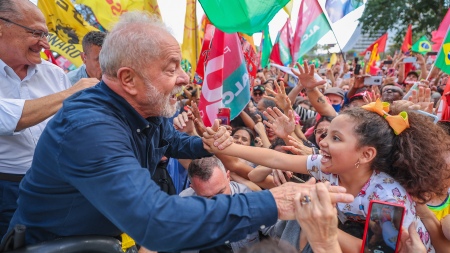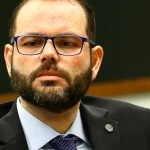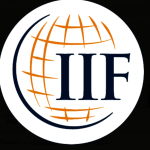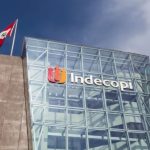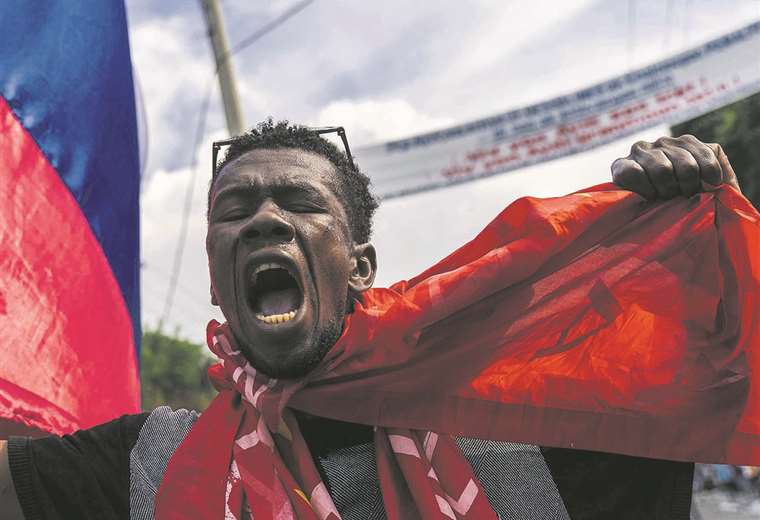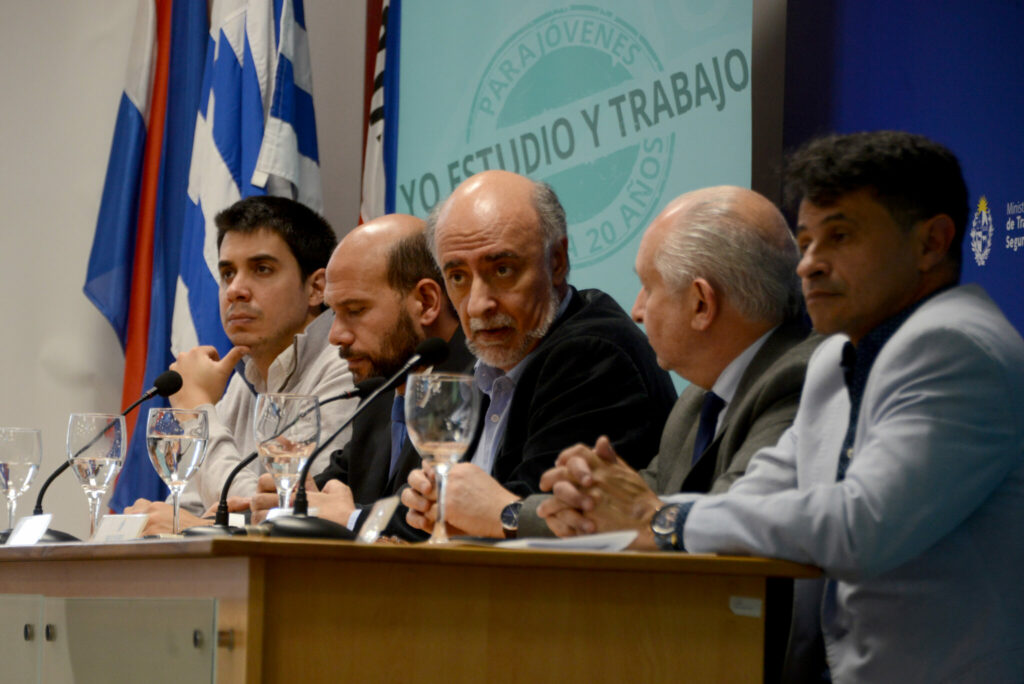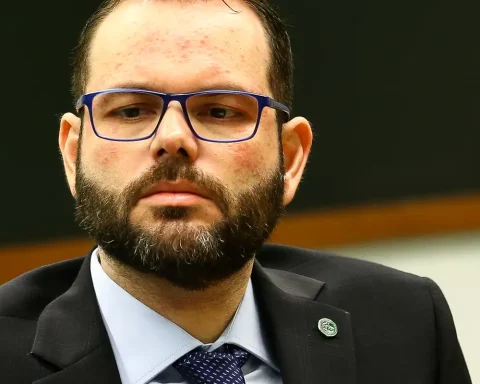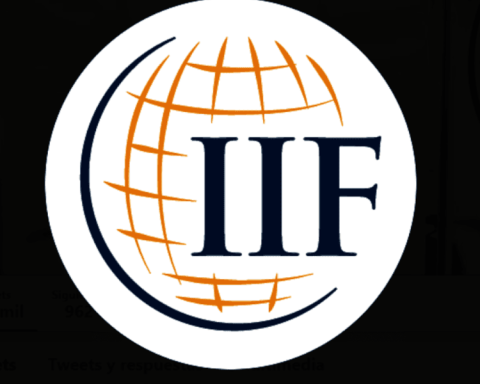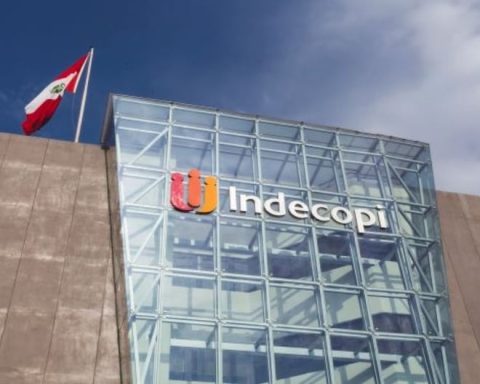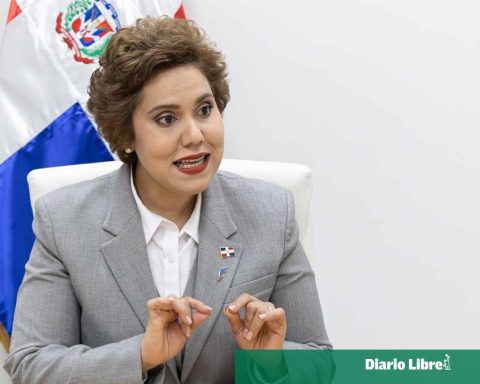Former Brazilian President Luiz Inácio Lula da Silva, the favorite candidate to win next Sunday’s ballot, unveiled his government program on Thursday, which proposes “to rescue 33 million people from hunger and more than 100 million Brazilians from poverty”reactivate the economy and invest in education and public health.
“A country of respect, employment, decent wages, decent retirement, rights and opportunities, health, education, preservation of the environment, respect for women, the black population and to diversity and, above all, an unwavering commitment to democracy”, Lula summarized in the text, about the central points of his project.
The following is a summary of the main proposals:
Economic development with investment
• Definition with the governors of the 27 states of a plan to resume work on paralyzed projects and define priority projects.
• Stimulation and expansion of domestic consumption, development of trade, services, food agriculture and industry, through financing and cooperation -national and international- for public and private investment.
• Investment in public and social services, economic infrastructure and strategic natural resources.
• Construction of a new labor legislation, through a debate between the government, employers and workers, which ensures the rights of workers and social security and decent wages.
Social development with work and income
• Establishment of a minimum wage, with an annual increase above inflation.
• Promotion of a new family aid equivalent to 112 dollars as a permanent value, plus 28 dollars for each child up to 6 years old; and a debt renegotiation program for millions of families, with discounts and low interest rates.
• Application of a Zero Income Tax for those who earn up to 940 dollars, and promotion of salary equality between men and women who perform the same function.
Sustainable development and ecological transition
• Initiation of the energy and ecological transition in the mining industry.
• Reactivation of zero deforestation plans in the Amazon and zero emission of greenhouse gases in the electricity matrix.
• Economic incentive for family farming with credit, guarantees and assistance.
• Creation of a Ministry of Indigenous Peoples. Reconstruction of deforestation inspection and control agencies, and end illegal mining on lands of native communities.
Education
• Education and science will be treated as an investment and not as an expense, with special emphasis on public, universal and quality education, construction of nurseries, increased resources for school meals, implementation of full-time education, scholarships and connectivity.
Health
• Investment in the public Unified Health System, in the Popular Pharmacy and in comprehensive health care for women.
• Extension of the emergency service throughout the country.
• Creation of the National Telemedicine Center.
• Reconstruction of the National Vaccination Program.
Housing and infrastructure
• Reactivation of the Minha Casa Minha Vida (My House, My Life) program to guarantee employment and housing for millions of Brazilians.
• Universalization of access to electricity and water with the reconstruction of programs such as “Light for all” and “Cisterns”.
• Resumption of works on paralyzed projects and structuring of a new Growth Acceleration Program to reactivate civil construction and heavy engineering.
Security
• Creation of the Ministry of Public Security to implement a unified system with well-equipped, trained and paid police forces.
• Reactivation of the National Citizen Public Security Program to invest in the training and professionalization of police officers.
• Revocation of decrees and ordinances that allow unrestricted access to weapons.
Human rights and citizenship
• Eradication of structural discrimination, machismo, racism, LGTBphobia, prejudice against people with disabilities and the elderly, and recovery of social programs, such as Living without limits.
• Refoundation of the Ministry of Women to combat violence and guarantee their rights, and of the Ministry of Racial Equality, with the aim of promoting inclusion, participation, recognition and new opportunities.
reindustrialization
• Construction of a national strategy to move towards the knowledge economy, which allows to dispense with imports, with the promotion of software, telecommunications and other sectors of new technologies.
• Start of the digital transition, with an industrial policy that supports innovation, stimulates public-private cooperation, strengthens science and technology, and guarantees access to financing at adequate costs.
sustainable agriculture
• Making production compatible with the preservation of natural resources, accompanied by investment in the state company for technological innovation and financing of agribusiness for small and medium producers, family farming and settlements.
• Implementation of the Plan for the Recovery of Degraded Pastures to increase production without deforestation and which adds up to some 30 million hectares.
• Establishment of a policy of minimum prices to guarantee food.
Foreign policy
• Recovery of a sovereign, proud and active foreign policy, with a view to regional integration, as well as with the BRICS countries, the countries of Africa, the European Union and the United States, to expand foreign trade and technological cooperation.
democracy and freedom
• Promotion of competent public management and fiscal responsibility, essential conditions for Brazil to grow twice as fast as the international average between 2003 and 2011.
• The application of a tax system that does not put investment, production and industrial exports in an unfavorable situation, nor does it penalize workers or consumers.
